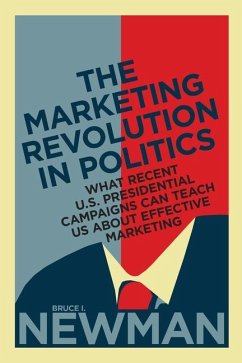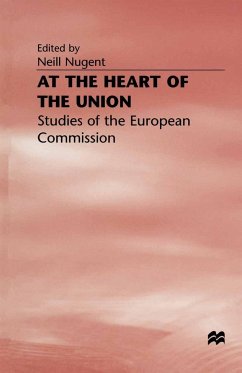
Imitation in International Relations
Observational Learning, Analogies and Foreign Policy in Russia and Ukraine
Versandkostenfrei!
Versandfertig in über 4 Wochen
52,99 €
inkl. MwSt.
Weitere Ausgaben:

PAYBACK Punkte
26 °P sammeln!
Imitation and emulation are mechanisms of competition in international relations that are theoretically posited but empirically diffuse. Goldsmith provides a trenchant overview of the extant literature and evidence, finding that specification and operationalization problems may explain the disconnect. Providing a distinctive and generalizable approach drawing on concepts from psychology and organizational behavior, this book refines theories of foreign policy to include observational learning to identify when imitation is likely and what behaviors are most imitated. Both statistical and case s...
Imitation and emulation are mechanisms of competition in international relations that are theoretically posited but empirically diffuse. Goldsmith provides a trenchant overview of the extant literature and evidence, finding that specification and operationalization problems may explain the disconnect. Providing a distinctive and generalizable approach drawing on concepts from psychology and organizational behavior, this book refines theories of foreign policy to include observational learning to identify when imitation is likely and what behaviors are most imitated. Both statistical and case study methods are used to uncover patterns of analogy usage. Looking at Russia and the Ukraine, Goldsmith increases our understanding of the foreign policies of these two states while also expanding the empirical base of research. By exploring the practical and theoretical significance of learning and imitation, this is an important contribution for foreign policy professionals and scholars.














